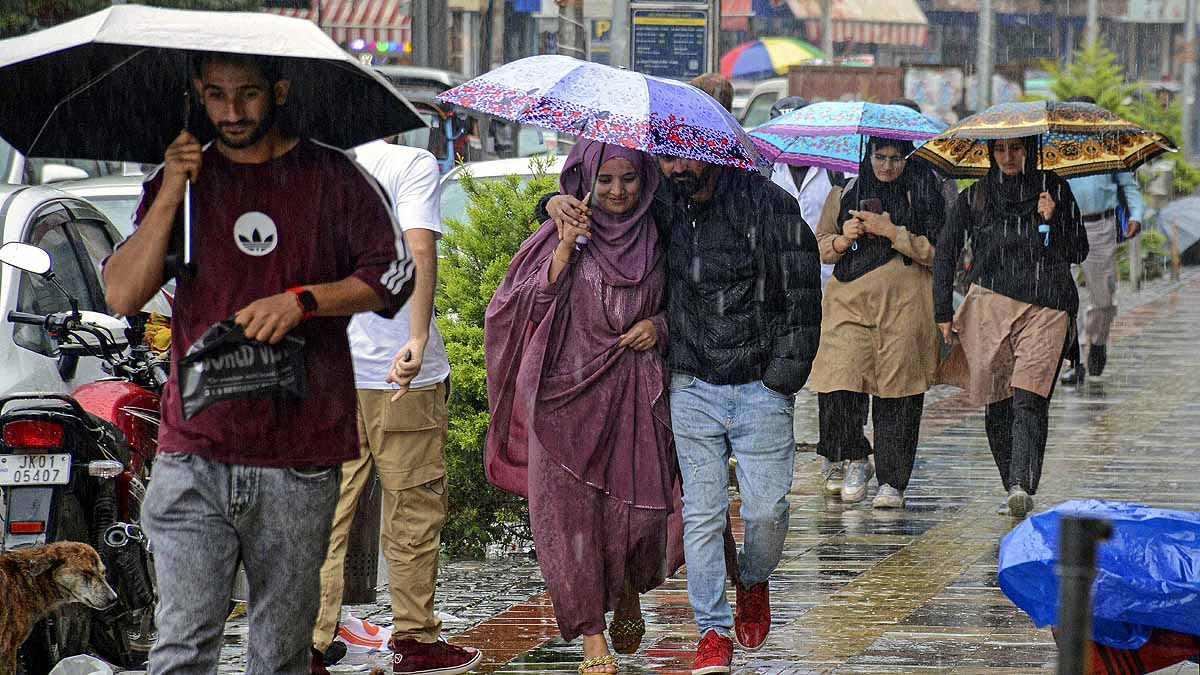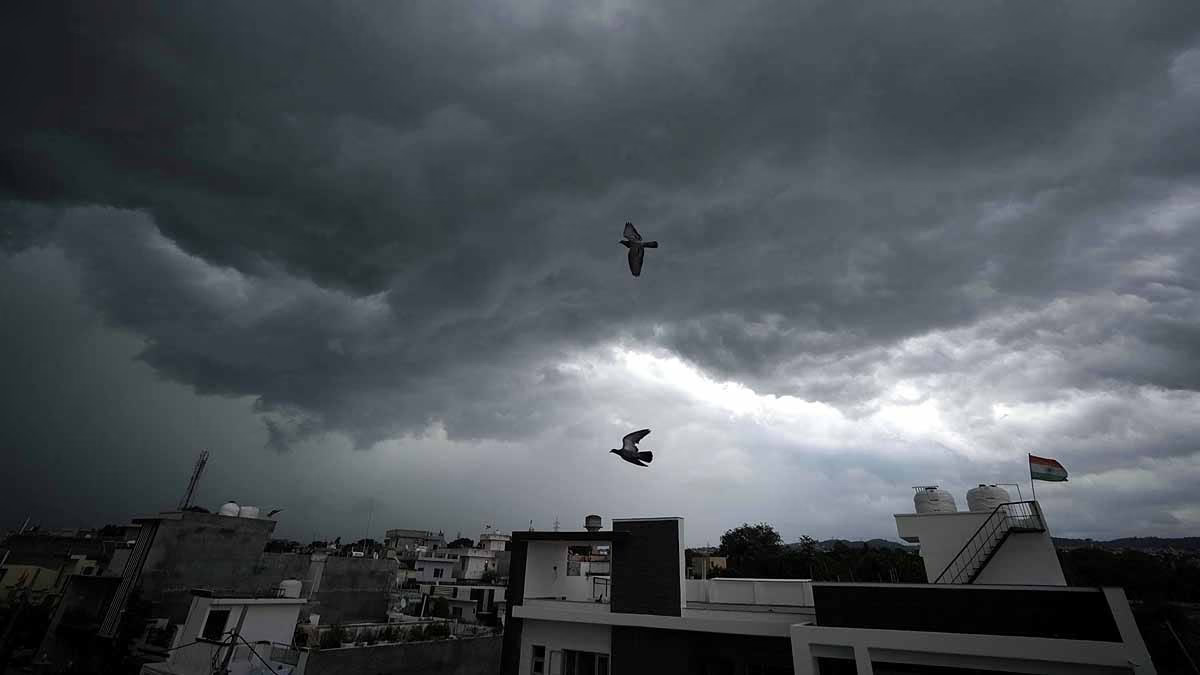The monsoon arrived on time this year, bringing substantial rainfall. However, it seems reluctant to depart. According to meteorologists, the formation of low-pressure systems could cause a delayed retreat of the monsoon, potentially extending into late September or even further. This delay could adversely affect summer crops.
Crops such as rice, cotton, soybean, corn, and pulses are usually harvested in mid-September. Continuous rain would make harvesting difficult. However, the next crop sown in winter, like wheat, rapeseed, and chickpea, might benefit from the retained soil moisture. A senior meteorologist shared this information with Reuters news agency.
Read more:
In the third week of September, another low-pressure system seems to be forming, which may further delay the monsoon's departure. India, the world's second-largest producer of wheat, sugar, and rice, may face challenges in exporting these agricultural commodities due to this weather anomaly. Typically, the monsoon starts in June and ends by September 17th, but this year it might stretch into mid-October.
Read more:

Source: aajtak
In India, the monsoon provides 70% of the annual water supply, essential for agriculture and filling reservoirs. More than half of farming relies on the monsoon. The La Niña weather system might be the reason for the extended rains into September and October.
From the first week of June, the country experienced 7% more rainfall than usual. Some states witnessed up to 66% more rainfall, causing flood-like situations. If it continues to rain in the third and fourth weeks of September, it will affect summer crops, potentially increasing the price of food supplies.




